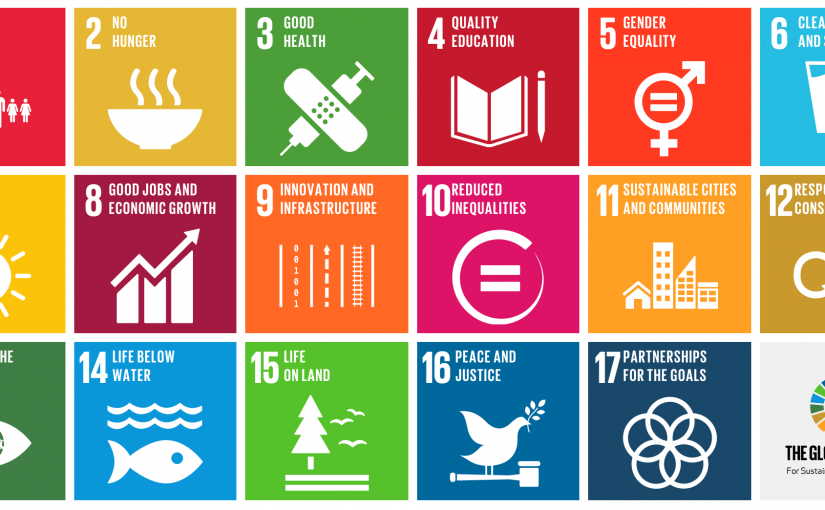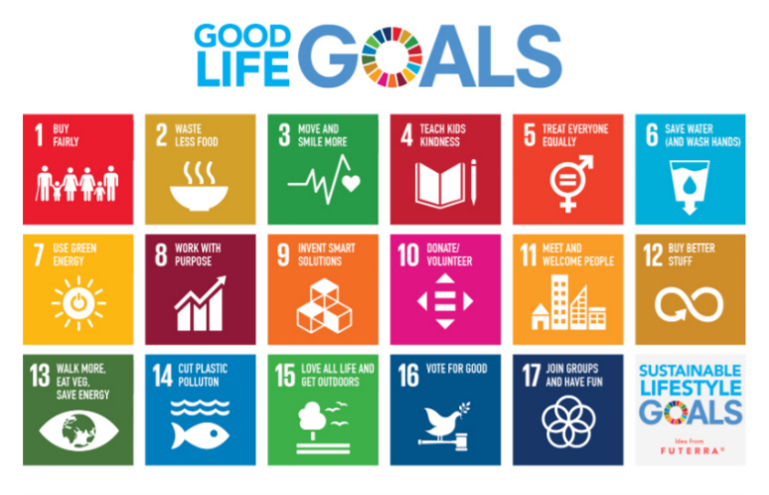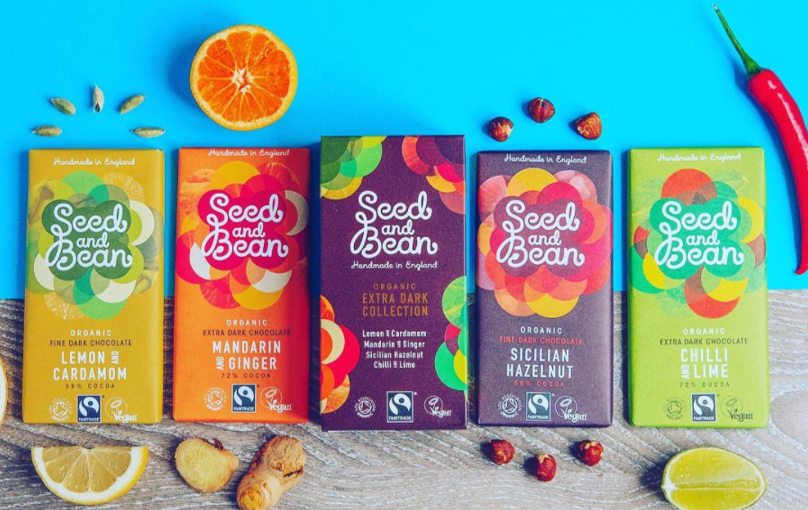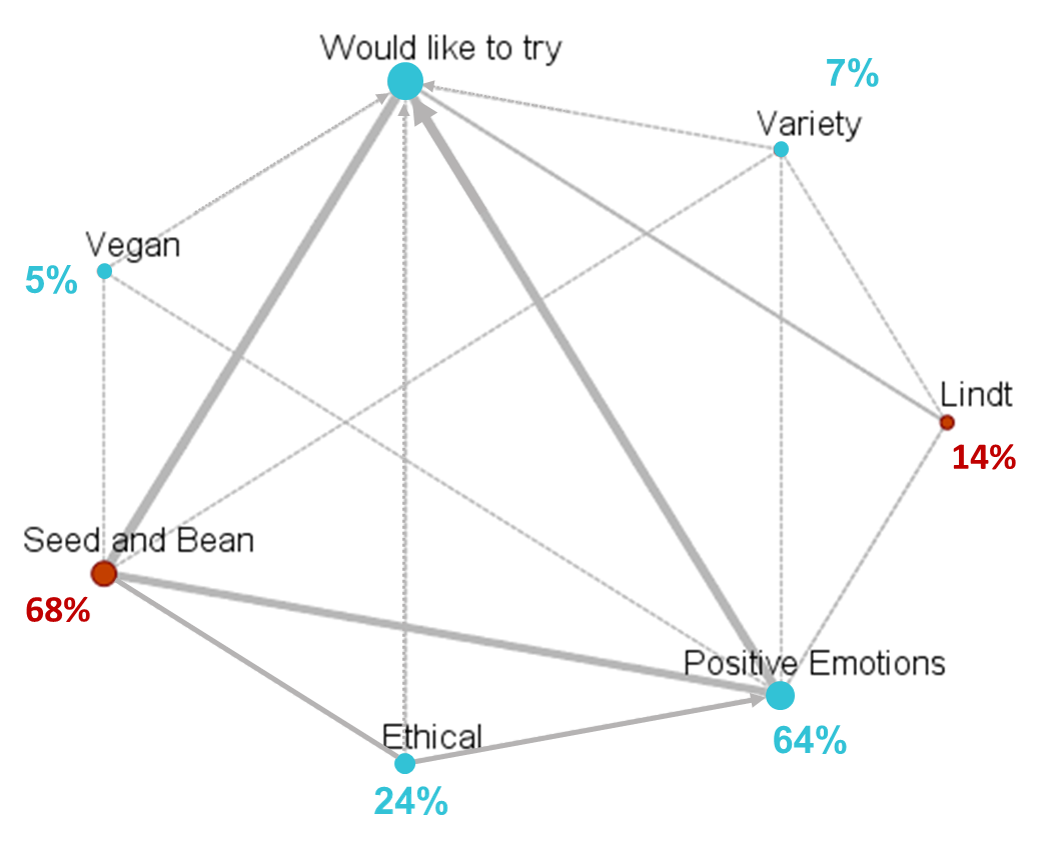For every trend there is a counter-trend. For a fast-growing trend of brands trying to find social purpose – there are purpose denialists. Like anti-vaxxers of marketing, armed with dubious research, hearsay and ideologies of Jacob Rees-Mogg’s childhood, they advocate for brands to abandon social purpose, and go back to thinking only about profits and shareholder value.
It’s become popular to attack progress and invoke nostalgia for good old days. Trump’s attacks on climate scientists and activists, Brexiteers’ yearning for the times before EU regulations and protections. Similarly, purpose denialists are clinging to Milton Friedman’s damaging theory that businesses’ sole purpose is to generate profit for shareholders and that those who adopt responsible attitudes would face constraints, rendering them less competitive.
What Friedman and his many present followers failed to see is that market competitiveness and social purpose are not mutually exclusive. Brands that deliver on purpose do not have inferior products or lack innovation. To the contrary, they see innovation in a broader sense, not merely limited to product development, but all aspects of business management. Moreover, purpose denialists’ philosophy that product features and profits are everything present a demeaning view of the role of business in our society.
Now, almost 50 years after Friedman’s short-sighted theory first saw light, we know better. We understand that ignoring environmental and social issues is bad for business. Companies that break environmental regulations get harsh penalties and suffer reputational damage, as well as poisoning their customers. Avoiding tax reduces state budgets to finance healthcare and education, thus depleting the pool of healthy qualified employees. Not looking after staff results in higher turnover and recruitment costs, low productivity and greater difficulty attracting the best candidates.
Quaker Oats president Kenneth Mason wrote in Business Week: “Making a profit is no more the purpose of a corporation than getting enough to eat is the purpose of life. Getting enough to eat is a requirement of life; life’s purpose, one would hope, is somewhat broader and more challenging. Likewise with business and profit.”
Holland & Barrett CMO Caroline Hipperson went even further by writing in The Drum that “brands who don’t live their ethics are headed for danger”. She goes on to say that the reason why brands get it wrong today is that they tend to exaggerate a problem, or an issue or a solution to make a point, to dramatise”
Also the danger of brands jumping on the purpose bandwagon is that it becomes only about advertising with nothing to substantiate their claims (think Pepsi), thus eroding trust and generating consumer backlash. Brands and their parent companies need to find social purpose that is truthful to their product and heritage, live the purpose internally, and only then – communicate.
The strategy of transparency, sustainability and truthfulness is paying off for Holland & Barrett with brand trust scores going up continuously. Sales are on the up too, with group revenues increased by 7.1% year-on-year.
There are many other examples of brands doing social purpose well: IKEA, Nike, Toms, Patagonia, Blackrock, Lego, Divine Chocolate – all achieving brand growth and high levels of employee and customer loyalty.
But of course we don’t even need a business case. Businesses need to do the right thing because it is the right thing to do.




